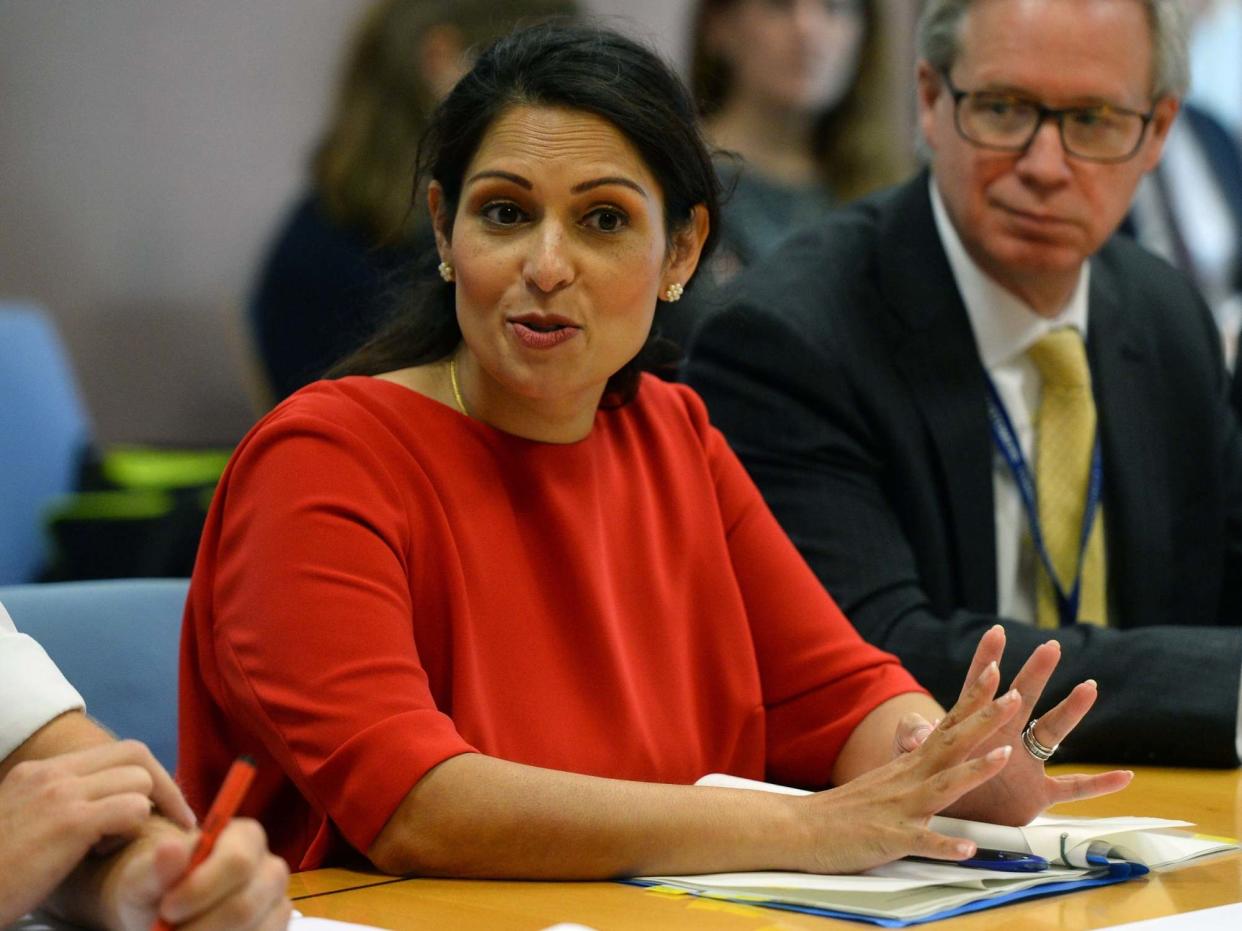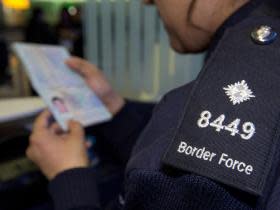Ending free movement for EU citizens on day one of Brexit is impossible, experts warn

Ending free movement on day one of a crash-out Brexit is impossible because it “can’t be enforced”, experts have warned the government.
The plan, confirmed by ministers on Monday, is dismissed by the respected Migration Observatory at Oxford University because employers will be unable to carry out the necessary checks.
The verdict will add to criticism that Priti Patel, the new hardline home secretary, will be risking “another Windrush” if she ploughs ahead with the momentous change in just 10 weeks’ time.
The organisation representing more than 3 million EU citizens in the UK has raised the alarm that it “will open the door to discrimination” because it will be impossible to distinguish between those residents and new arrivals.
Now that warning is echoed by Madeleine Sumption, the Observatory’s director, who said more than 2 million EU citizens are yet to apply to the ‘settled status’ scheme.
Read more
Number of EU citizens moving to UK for work has halved since Brexit
She also pointed out that the government had yet to decide its future immigration policy, with a Bill stuck in the Commons and fierce rows over what those rules should be.
“Even if the government knew exactly what it wanted the post-Brexit immigration system to look like, it wouldn’t be possible to implement it immediately after a no-deal Brexit,” Ms Sumption said.
“That’s because any new restrictions on EU migration can’t be enforced unless UK employers know which EU citizens have been here for years and which ones arrived post-Brexit and have to comply with the new immigration regime.
“Realistically, the only way to do this is to implement the EU settlement scheme so that EU citizens have had enough time to apply for status before restrictions are imposed.”
Jeremy Corbyn has led criticism that ending fee movement on 31 October, if the UK leaves the EU without a deal, would be “utterly ludicrous” and risk “Windrush on steroids”.
The home office’s intentions remain unclear, despite No 10 confirming what The Independent reported on Sunday, that it wants free movement “to end on 31 October”.
One suggestion is that EU citizens would still be able to move freely between the UK and Europe until a new immigration system is in place, apart from extra checks to prevent some categories of criminals entering Britain.
That would suggest that the government is planning the headline-grabbing move of ending free movement in name on 31 October – but without introducing domestic checks immediately.
The Federation of Small Businesses also spoke out, warning “a sudden end to free movement on 1 November will make a bad situation worse”.
“European business owners and employees are central to the UK’s economic success,” said Mike Cherry, its chairman.
“If we do crash out on 31 October, you’ll then have an environment where businesses taking on new staff are expected to distinguish between those EU citizens who have just arrived and those already resident in the UK.”
Read more
Read more Number of EU citizens moving to UK for work has halved since Brexit
Emmanuel Macron dashes Boris Johnson's hopes of new Brexit deal
Macron says UK can still revoke Article 50 and cancel Brexit
Teachers ‘failing to protect eastern European pupils from racism’
Health leaders warn PM about medical supplies and flu after Brexit

 Yahoo News
Yahoo News 

